Add to Wishlist
Precision Farming For Small Farm Agriculture
By Ray Fox
Publisher: Alexis Press LLC
$135.00
ISBN 13: 979-8-89143-194-2
YEAR: 2024
eBOOK
Instant Delivery
SKU:
ALX-AG-194-2
Category:
Agriculture
Additional information
| Access Type | Download eBook, Read Only |
|---|
Be the first to review “Precision Farming For Small Farm Agriculture” Cancel reply
You must be logged in to post a review.
Purchase now to read the book online.
Select optionsRelated products
The Science Of Vegan Food
$135.00
Introduction To Agroecology: Principles And Practices
By Avery Clark
$135.00
Agroecology is defined by the OECD as "the study of the relation of agricultural crops and environment." Dalgaard et al. refer to agroecology as the study of the interactions between plants, animals, humans, and the environment within agricultural systems. Francis et al. also use the definition in the same way but thought it should be restricted to growing food.
Introduction To Agroecology: Principles And Practices
By Avery Clark
$135.00
Agroecology is defined by the OECD as "the study of the relation of agricultural crops and environment." Dalgaard et al. refer to agroecology as the study of the interactions between plants, animals, humans, and the environment within agricultural systems. Francis et al. also use the definition in the same way but thought it should be restricted to growing food.
Green Revolution
By Rene Holland
$135.00
Green Revolution, the great increase in the production of food grains that resulted in large part from the introduction into developing countries of new, high-yielding varieties, beginning in the mid-20th century. Its early dramatic successes were in Mexico and the Indian subcontinent. The new varieties require large amounts of chemical fertilizers and pesticides to produce their high yields, raising concerns about cost and potentially harmful environmental effects. Poor farmers, unable to afford the fertilizers and pesticides, have often reaped even lower yields with these grains than with the older strains, which were better adapted to local conditions and had some resistance to pests and diseases.
Green Revolution
By Rene Holland
$135.00
Green Revolution, the great increase in the production of food grains that resulted in large part from the introduction into developing countries of new, high-yielding varieties, beginning in the mid-20th century. Its early dramatic successes were in Mexico and the Indian subcontinent. The new varieties require large amounts of chemical fertilizers and pesticides to produce their high yields, raising concerns about cost and potentially harmful environmental effects. Poor farmers, unable to afford the fertilizers and pesticides, have often reaped even lower yields with these grains than with the older strains, which were better adapted to local conditions and had some resistance to pests and diseases.
Pests And Diseases
By Lee Palmer
$135.00
Together pests and diseases cause up to 40% yield losses every year. The animal groups of the most significant importance as agricultural pests are (in order of economic importance) insects, mites, nematodes, and gastropod mollusks. Insects are responsible for two major forms of damage to crops. First, there is the direct injury they cause to the plants as they feed on the tissues; a reduction in leaf surface available for photosynthesis, distortion of growing shoots, a diminution of the plant's growth and vigor, and the wilting of shoots and branches caused by the insects' tunneling activities.
Pests And Diseases
By Lee Palmer
$135.00
Together pests and diseases cause up to 40% yield losses every year. The animal groups of the most significant importance as agricultural pests are (in order of economic importance) insects, mites, nematodes, and gastropod mollusks. Insects are responsible for two major forms of damage to crops. First, there is the direct injury they cause to the plants as they feed on the tissues; a reduction in leaf surface available for photosynthesis, distortion of growing shoots, a diminution of the plant's growth and vigor, and the wilting of shoots and branches caused by the insects' tunneling activities.
Prominent Agricultural Scientists
By Brice Powell
$135.00
Agricultural Scientist is the one who is a specialist in analyzing farming methods and food production methods to enhance safety and crop yield. Through research, an agricultural scientist works on new and innovative ways to increase the quality of food grown and supplied. In complete coordination with the scientific community and policy-makers, an agricultural scientist reaches the solution.
Prominent Agricultural Scientists
By Brice Powell
$135.00
Agricultural Scientist is the one who is a specialist in analyzing farming methods and food production methods to enhance safety and crop yield. Through research, an agricultural scientist works on new and innovative ways to increase the quality of food grown and supplied. In complete coordination with the scientific community and policy-makers, an agricultural scientist reaches the solution.
Agricultural Soil Science
$135.00
Prior to the development of pedology in the 19th century, agricultural soil science was the only branch of soil science. The bias of early soil science toward viewing soils only in terms of their agricultural potential continues to define the soil science profession in both academic and popular settings as of 2006.
Agricultural Soil Science
$135.00
Prior to the development of pedology in the 19th century, agricultural soil science was the only branch of soil science. The bias of early soil science toward viewing soils only in terms of their agricultural potential continues to define the soil science profession in both academic and popular settings as of 2006.
Agricultural Technology
$135.00
A major turning point for agricultural technology is the Industrial Revolution, which introduced agricultural machinery to mechanize the labor of agriculture, greatly increasing farm worker productivity. In modern mechanized agriculture powered machinery has replaced many farm jobs formerly carried out by manual labor or by working animals such as oxen, horses, and mules. Advances in the 19th century included the development of modern weather forecasting and the invention of barbed wire. Improvements to portable engines and threshing machines led to their widespread adoption.
Agricultural Technology
$135.00
A major turning point for agricultural technology is the Industrial Revolution, which introduced agricultural machinery to mechanize the labor of agriculture, greatly increasing farm worker productivity. In modern mechanized agriculture powered machinery has replaced many farm jobs formerly carried out by manual labor or by working animals such as oxen, horses, and mules. Advances in the 19th century included the development of modern weather forecasting and the invention of barbed wire. Improvements to portable engines and threshing machines led to their widespread adoption.
Agricultural Resources
By Nicky Harvey
$135.00
Agricultural resources means the land and on-farm buildings, equipment, manure processing and handling facilities, and processing and handling facilities that contribute to the production, preparation, and marketing of crops, livestock, and livestock products as a commercial enterprise, including a commercial horse boarding operation, a timber operation, compost, mulch or other biomass crops, and commercial equine operation.
Agricultural Resources
By Nicky Harvey
$135.00
Agricultural resources means the land and on-farm buildings, equipment, manure processing and handling facilities, and processing and handling facilities that contribute to the production, preparation, and marketing of crops, livestock, and livestock products as a commercial enterprise, including a commercial horse boarding operation, a timber operation, compost, mulch or other biomass crops, and commercial equine operation.

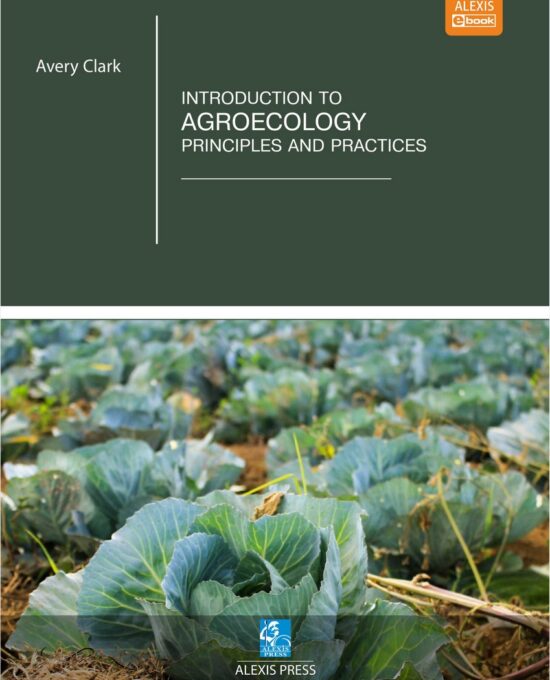
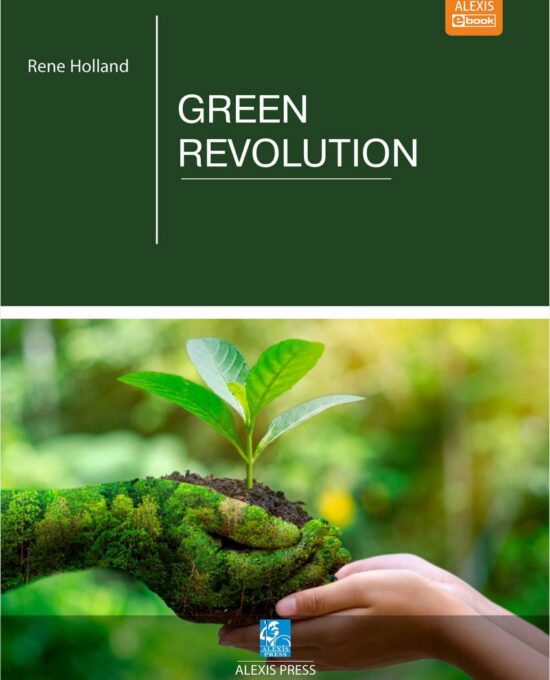
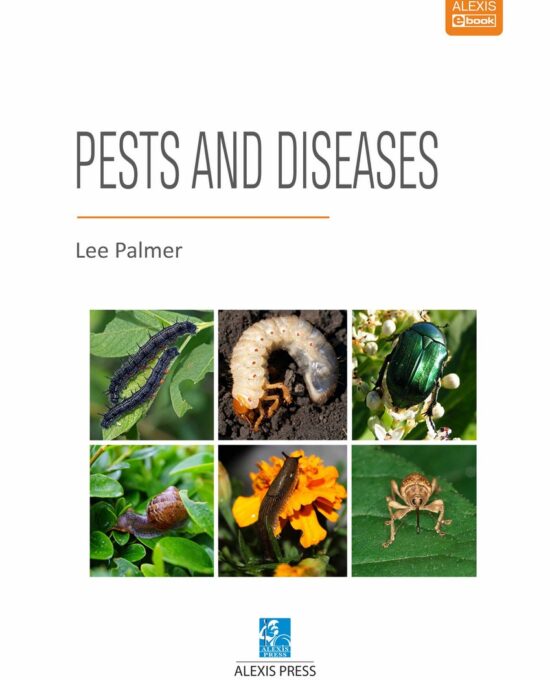
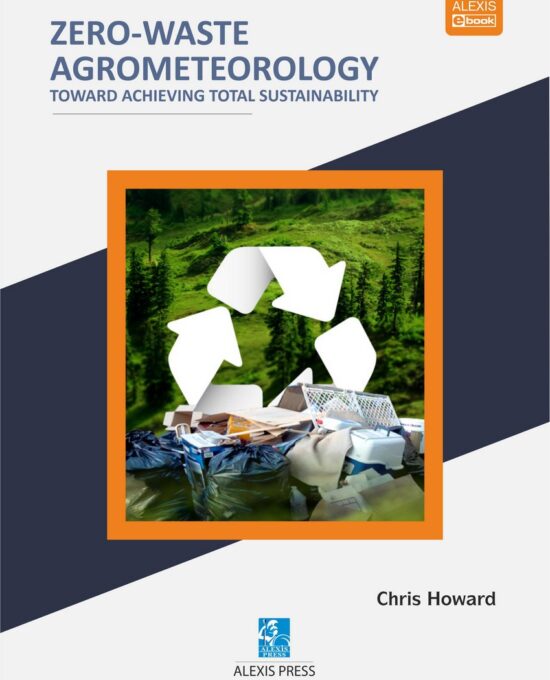
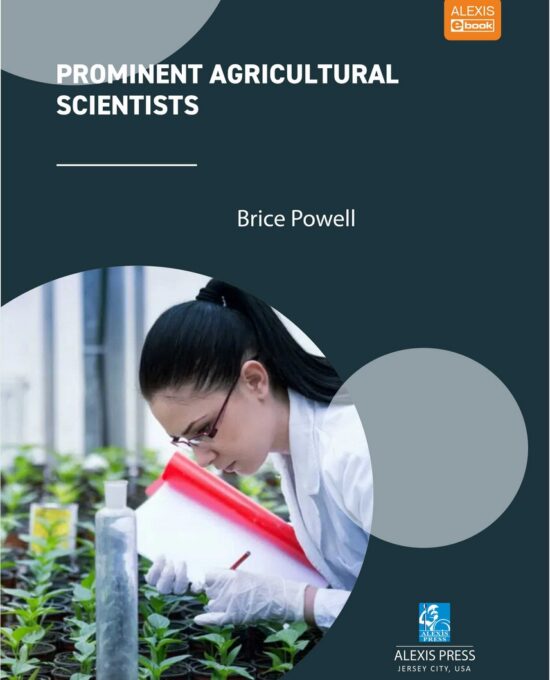
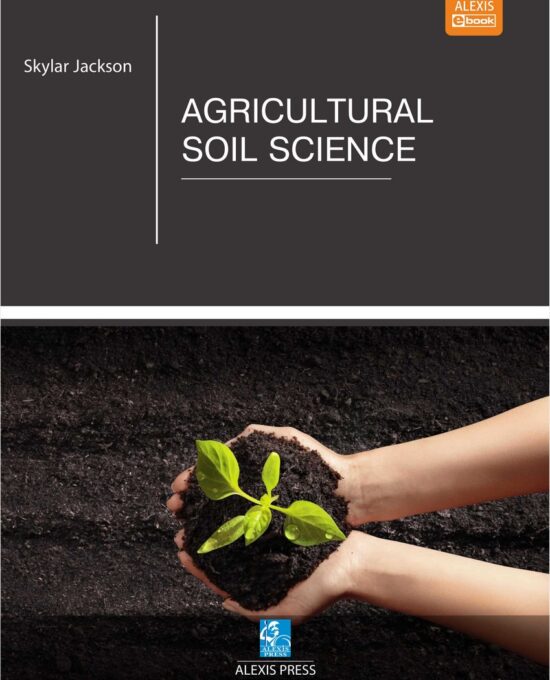
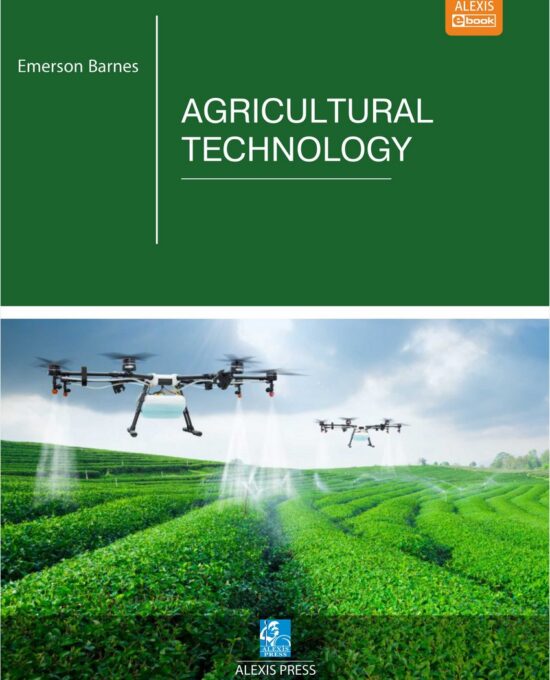

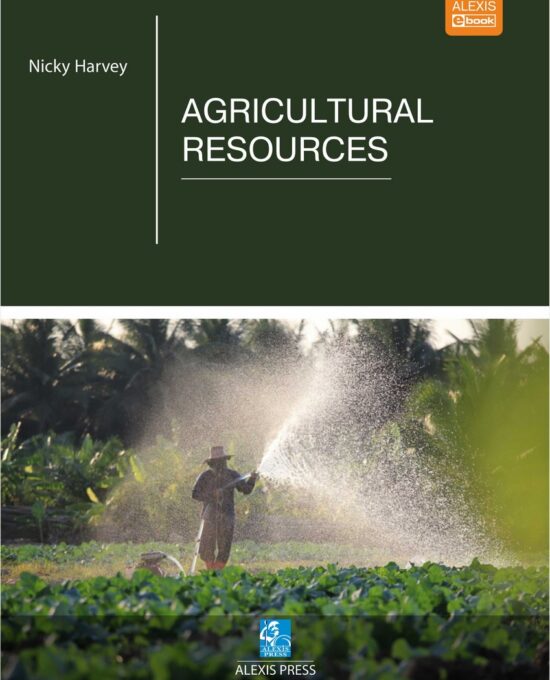
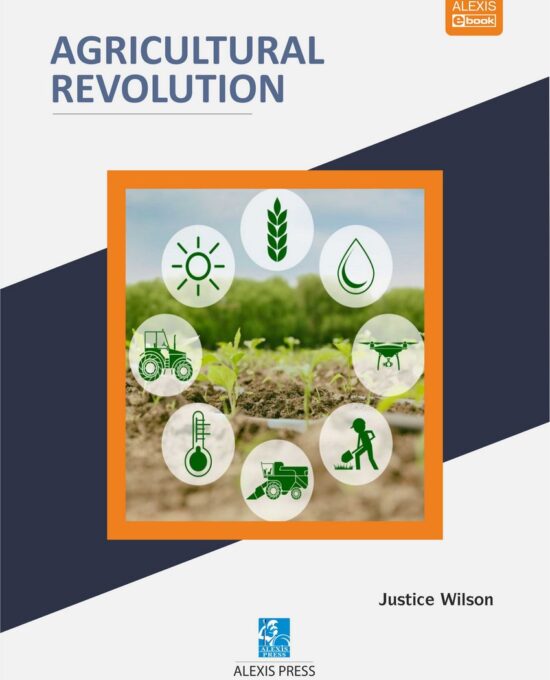
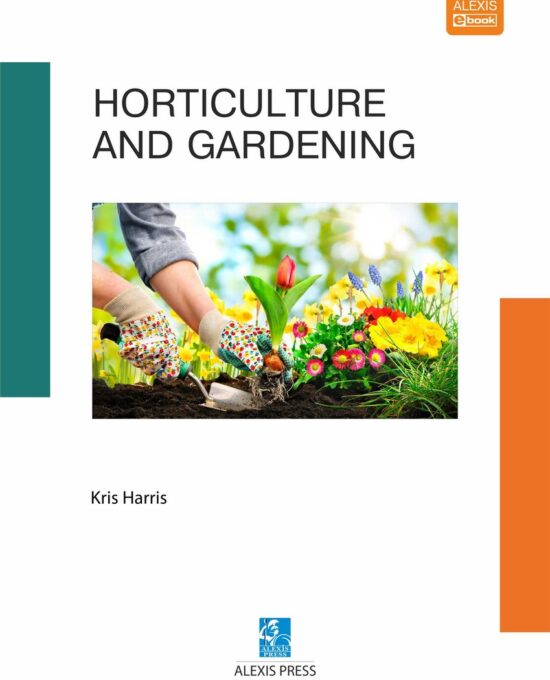
Reviews
There are no reviews yet.